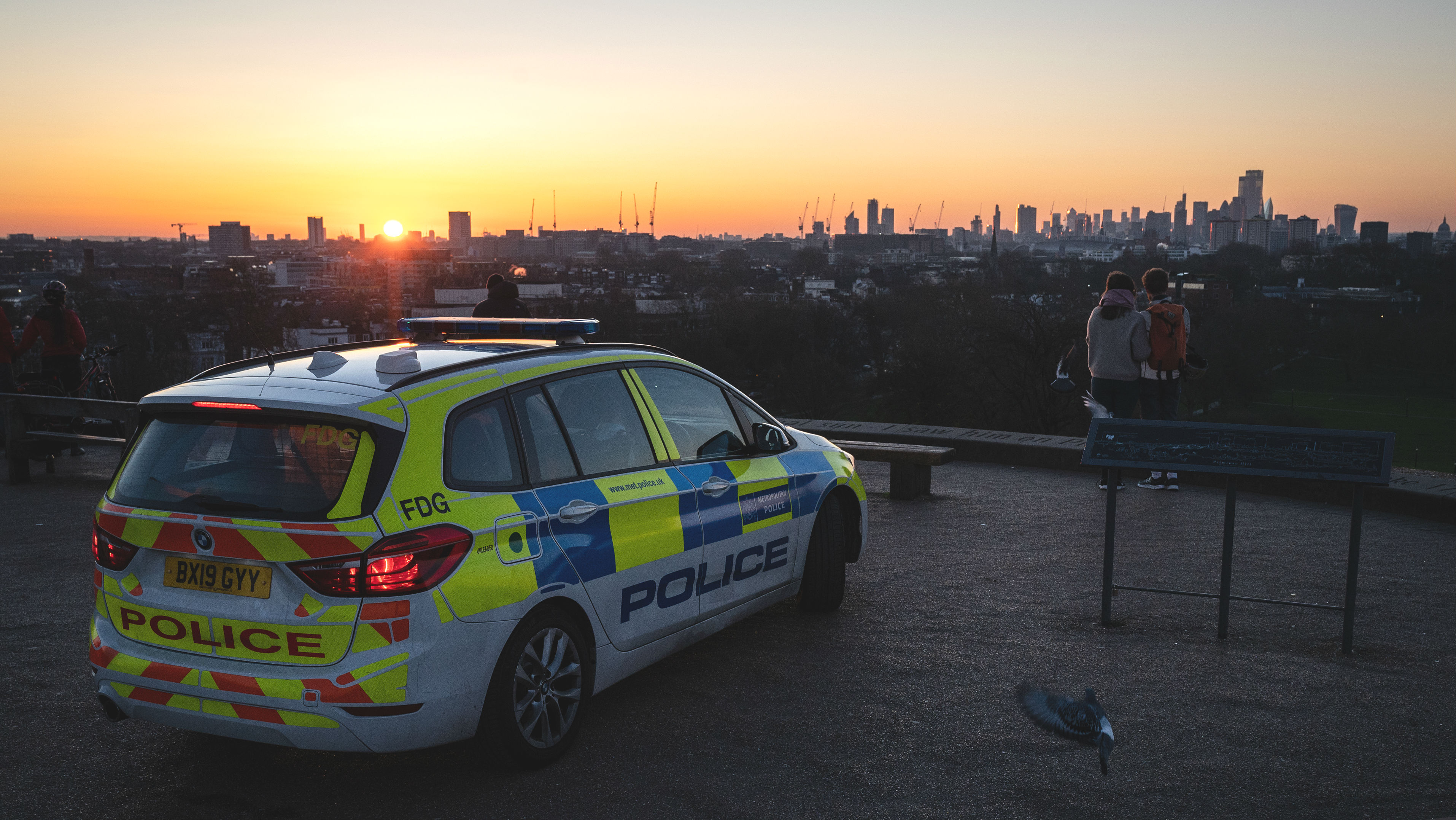Policing a pandemic: coronavirus restrictions ‘may fuel gang wars’
New report by former counterterrorism commander analyses outbreak’s potential impact on crime and law

A free daily email with the biggest news stories of the day – and the best features from TheWeek.com
You are now subscribed
Your newsletter sign-up was successful
A former Scotland Yard commander is predicting that social restrictions imposed to tackle the coronavirus outbreak may lead to an increase in gang violence and theft.
Richard Walton, who served as head of the Metropolitan Police counterterrorism unit until 2016, has co-authored a new report titled Policing a Pandemic that analyses the potential consequences of the global pandemic on crime and law in the UK.
“While difficult to predict owing to the unprecedented scale and nature of this crisis, some modelling can be done based on the behaviour of criminals during previous times of national crisis,” says the report, commissioned by the centre-right think-tank Policy Exchange.
The Week
Escape your echo chamber. Get the facts behind the news, plus analysis from multiple perspectives.

Sign up for The Week's Free Newsletters
From our morning news briefing to a weekly Good News Newsletter, get the best of The Week delivered directly to your inbox.
From our morning news briefing to a weekly Good News Newsletter, get the best of The Week delivered directly to your inbox.
The impact of the crisis is expected to be “profound but likely short term”, with increased policing demands owing to the high levels of disruption likely to be offset by a drop in certain crimes as a result of bans on mass gatherings, as well as possible lockdowns.
Here are some of the key expected effects of coronavirus for crime and law in the UK:
Street violence
The Times says Walton predicts a “drugs war fuelled by social restrictions imposed to fight the virus”.
A free daily email with the biggest news stories of the day – and the best features from TheWeek.com
The report explains that a reduced demand for some illegal drugs “may cause an increase in intergang rivalry faced with dwindling revenue streams, resulting in increased violence”.
Walton and co-author Sophia Falkner, a research fellow at Policy Exchange, add that “youth homicide linked to gangs may continue at the current high levels” following school closures.
However, social distancing and the closure of pubs, bars and nightclubs should “significantly reduce” alcohol-related disorderly behaviour and related violence around such establishments, leading to a drop in emergency response callouts.
Theft
Crimes such as “theft, fraud and distraction burglary are likely to increase during the coronavirus crisis”, says the newly published report. Widespread job losses may see a small minority resorting to theft, while food shortages and rationing may result in an increase in shoplifting.
Opportunities to burgle empty houses are expected to diminish, but there have been reports of criminals resorting to exploiting the elderly, such as stealing money handed over to purchase shopping for those in self-isolation.
“Online fraud is likely to increase with fake websites advertising goods in high demand, such as masks, hand sanitisers, and other related medical supplies,” Walton and Falkner add.
Domestic violence
The new report says social distancing measures requiring households to stay at home “will almost certainly result in an increased level of stress within families, likely leading to an overall increase in domestic violence, including sexual assault and an increased demand on police emergency response”.
Data coming out of China, the epicentre of the pandemic, suggest that cities under lockdown “have almost twice as many domestic abuse claims”, the authors warn.
–––––––––––––––––––––––––––––––For a round-up of the most important stories from around the world - and a concise, refreshing and balanced take on the week’s news agenda - try The Week magazine. Start your trial subscription today –––––––––––––––––––––––––––––––
Summarising their findings, the report concludes: “Some crime will increase but a lot of crime will decrease (especially if ‘lockdown’ measures are introduced), helping to balance crime-related demands. The investigation of serious crimes will continue but less serious crimes will result in a much-reduced service.
“The police service will have the capacity and capability to deal with the high demands emanating from the crisis, the impact on law and order and on society more broadly.”